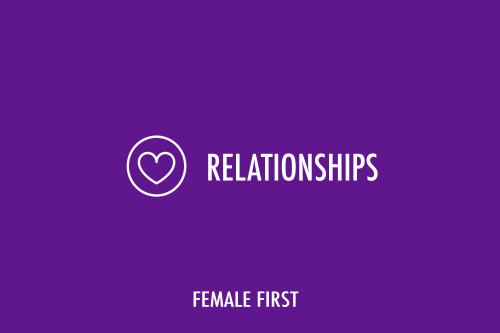Brooklyn Beckham and Nicola Peltz tied the knot in a star studded, lavish wedding on 9th April 2022. What stormed the media in advance of their luxury nuptials, however, was the couples’ signing of what has now been termed ‘the mother of all prenups’.

Cultura Creative Ltd / Alamy Stock Photo
Many of us will understand the concept of the prenuptial agreement (“prenup”), although they are not (yet) legally binding in England and Wales. The idea for the Beckham-Peltz prenup was to protect each of their substantial fortunes. In the US, the prenup serves to lay out, in advance of the wedding, who will be responsible for the property and finances of each partner during the marriage. In the event of a breakdown of the relationship, the prenup will be used to identify who the wealth belongs to following a divorce.
In England and Wales, you can set up a prenup in advance of your marriage. They are becoming more and more popular for couples, and not just among the extremely wealthy. Prenups are not legally recognised but increasingly, the courts of England and Wales are placing a great deal of weight and even upholding agreements, when couples go through a divorce.
One of the biggest questions, however, is: can you protect your finances and assets if you are not planning on getting married? What happens to your money and property if you break up with someone who you live with?
Cohabiting couples are the fastest growing family type in the UK, with over 3.5 million couples living together but unmarried. This number has shot up by 137% since 1996 and it shows no signs of slowing. At Stowe Family Law, we recently conducted a survey where over half of respondents (51%) believed that couples who live together have the same legal and financial rights as married couples.
This idea of the ‘common law marriage’ leads people, especially those in long-term relationships, to believe that because they have created a home together, they have the same legal standing as couples who are married.
In reality, though, this has no truth in it.
However, a cohabitation agreement (sometimes known as a living together agreement) is a great way of ensuring that if your relationship does break down, that your finances are protected. A cohabitation agreement is similar to the prenup, in that it is a written document, which incorporates all the assets and property of both partners. It sets out who owns the asset, what the financial arrangements are whilst the couple is living together and what happens to the assets if the couple splits.
In the UK, a cohabitation agreement, like a prenup, is not automatically binding or enforceable. However, if the document is prepared properly, each partner has sought independent legal advice, there has been full and frank disclosure, there has been no pressure to enter into the agreement (as well as other important factors) etc. the agreement can carry a lot of weight in court, if a dispute does arise.
As a result of so many cohabiting couples believing that they have the same rights as married couples, cohabitation agreements are not as well know or used as they should be in the UK. Stowe Family Law’s survey revealed that only 9% of cohabiting couples have a cohabitation agreement in place.
The trend of cohabitation is likely to continue growing over the coming years, and the law needs to reflect this trend respecting couples’ legal and financial standing. In the meantime, the cohabitation agreement can provide the protection many couples need and should stand up in a court (if the correct criteria is followed) in the event of a dispute.
Estella Newbold-Brown is a Senior Associate at Stowe Family Law

tagged in Brooklyn Beckham Nicola Peltz
